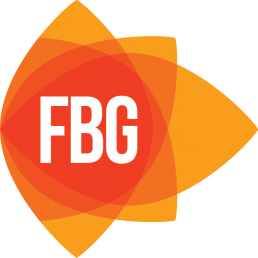By Jonathan Norton
2020 has been chaotic.
We’ve all been confronted by unprecedented challenges, which are continuing to escalate by the day.
It’s easy to get consumed by the chaos, feeling overwhelmed and out of control.
That’s why it’s important to STOP:
S – Stop whatever you’re doing and take a break.
T – Take notice of what’s going on for you, tune in for a moment to what you’re feeling and thinking.
O – Observe your breath for a few moments. Notice the natural rhythm of breathing. If your mind wanders, gently bring your attention back to your breath.
P – Proceed with what you’re doing.
This is a basic mindfulness technique that empowers people to take control of the chaos in their lives.
Mindfulness means paying attention in a particular way, in the present moment, non-judgmentally and with purpose.
This is at the heart of mindfulness – bringing attention to what’s happening for us now, rather than focusing on what’s going to happen tomorrow or what happened yesterday, or even the last conversation we had.
The benefits of practising mindfulness include a greater experience of wellbeing and calm. It reduces stress and has physical health benefits as well.
Some studies show that people who practice mindfulness have a better working memory.
Mindfulness is useful across all levels of business. From frontline workers through to very senior managers, those who have a well-established mindfulness practice have skills to enable them to perform effectively in a sustainable way.
Mindfulness can even be brought into a lot of everyday activities such as walking, eating or even brushing your teeth.
These are often completed on autopilot, so it’s a good chance to take a moment and pay attention to what’s happening in the present.
These skills can also help us become aware of, and manage the flow of thoughts and feelings that influence our wellbeing.
Practicing mindfulness means we step back and create a sense of being a non-judgemental observer of our experiences, rather than caught up in them all of the time.
Practicing mindfulness doesn’t need to be a time-consuming process. It is true that the more you practice, the better at it you become.
But you can take 30 seconds, three minutes or much longer. It’s a fundamental set of skills with many variations and applications.
At any one time it really only requires a few moments to create a break, gain a moment of calm, and reset.
In our ‘Mindfulness amid chaos‘ workshop, we teach practical mindfulness skills with a focus on giving attention to breathing, and also discuss some of the other ways in which you can apply mindfulness to everyday life.
